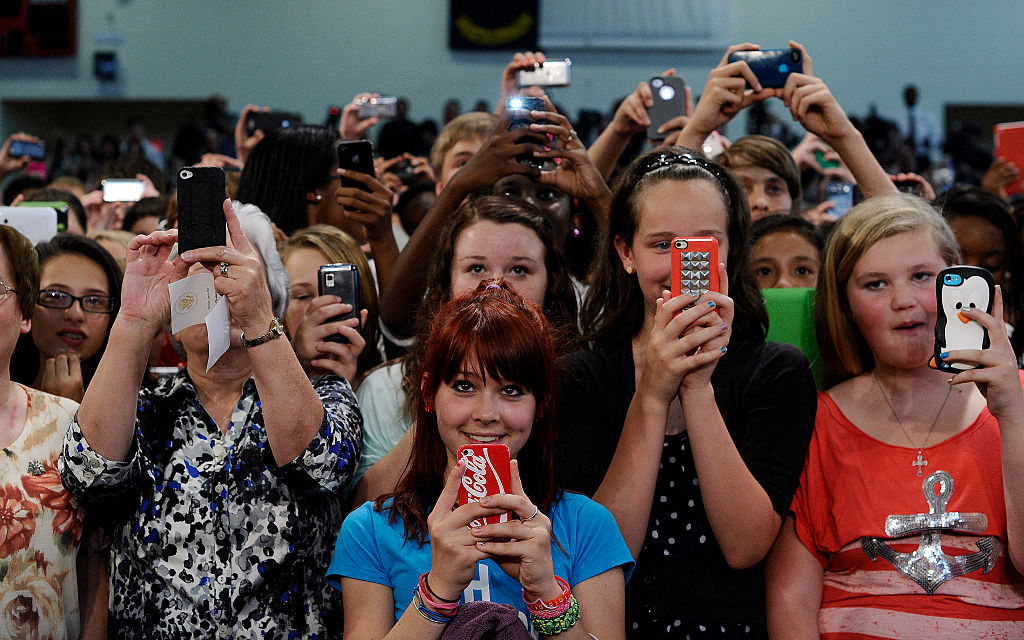Want seagulls to stop stealing your food? Try staring at them, scientists say
If you've ever tried to have a picnic on a beach, you've probably experienced seagull theft. Now, a new study is here to help — research shows staring down seagulls could prevent them from snatching your precious French fries.
According to a new study from the University of Exeter, the secret to protecting your food from seagulls is to stare at them. Scientists found that the birds are more likely to scavenge for food when they do not lock eyes with their victims.
Researchers in Cornwall, U.K. put a bag of chips (fries) on the ground and tested how long it took for herring gulls to approach when being watched. As a bird crept closer to the food, a researcher would make eye contact with it.
Only 26% of the birds went for the food despite the eye contact. On average, birds took an extra 21 seconds to approach the food when a human was staring at them.
The rest of the birds stayed put or flew away.
According to the researchers, the study shows that birds take behavioral cues from the humans around them, finding the human gaze aversive.
"Gulls are often seen as aggressive and willing to take food from humans, so it was interesting to find that most wouldn't even come near during our tests," lead author Madeleine Goumas said.
Researchers worry that increased conflict between gulls and humans could lead to further gull population decline, especially because humans often use lethal control or deterrents to fix the problem.
However, all seagulls are protected under Britain's Wildlife and Countryside Act 1981. The law makes it illegal to injure any species, or damage eggs or occupied nests.
Herring gulls are on the Royal Society for the Protection of Birds' "Red List," meaning the species is globally threatened and has faced severe population decline. Conflict between humans and wildlife may be one of the greatest threats to the species worldwide.





